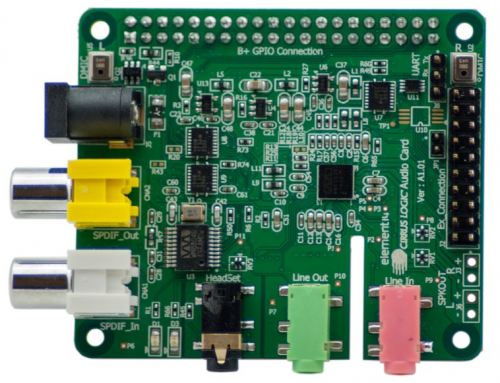Finally got around finishing a new track. And it’s just 65BPM so no four to the floor this time. I posted the demo a while ago, this is more or less a definitive version (definitive is a fluid term in my dictionary).
http://theinfiniterepeat.com/music/the_ … aceite.ogg
This song is about one of the most beautiful places I know on this
planet, Cala Del Aceite in the most southern part of Spain:
http://www.conilplaya.com/fotos/playasd … eConil.htm
Tools used:
- Qtractor for recording and mixing
- seq24 for sequencing
- The necessary plugins:
- drumkv1 to hold the drum samples (drum samples are all from
- http://samples.kb6.de/)
- a lot of plugins that are part of Distrho or Carla: Noize Maker, Tal
- Reverb III, ZynAddSubFX-LV2, Nekobi
- MDA subsynth
- FluidSynth DSSI for the Rhodes
- linuxDSP plugins (EQ500, DYN500, MBC2B on the master bus)
- Calf Vintage Delay
- LADSPA comb filter, Fast Lookahead Limiter
- GxZitaReverb
The background vocals for the choruses are sung by my wife. The ocean
sample is from Freesound:
http://www.freesound.org/people/dobroide/sounds/93653/
Cádiz is pretty close to Conil, hence the choice.
Thanks to everyone for making this possible. Especially falkTX and rncbc, couldn’t have done this without your valuable work.
Making promises that I can’t keep
It’s pushing me, pushing me into a deep
State of sadness, state of doubt
A state of awareness I can’t live without
Making mistakes, so hard to bear
It’s driving me, driving me to a point where
I can’t escape, I can’t shy away
From the daemons I refuse to obey
All is forgiven, all is well…
Awaiting the day that I’ll be relieved
From this burden, this burden that has grieved
So many loved ones, so many friends
All the people on which I depend
Stand up, act now, it’s time for a change
Lingering won’t help, help to rearrange
The current imbalance, the current state
Of things so rush now don’t hesitate
All is forgiven, all is well…

Cala Del Aceite by The Infinite Repeat is licensed under a Creative Commons Attribution-NonCommercial-ShareAlike 4.0 International License.


